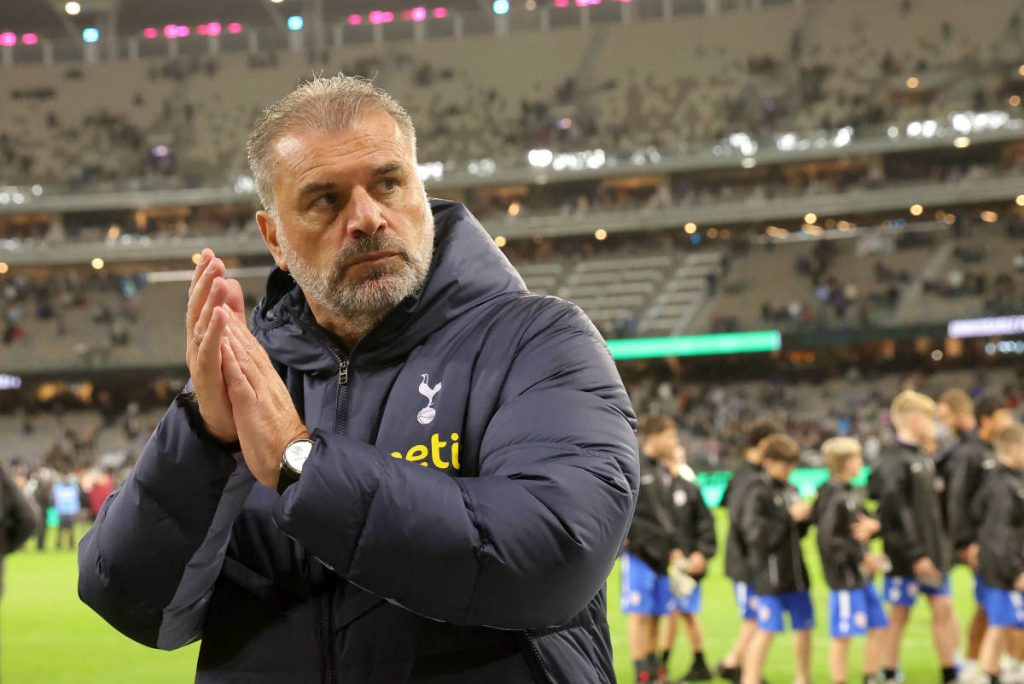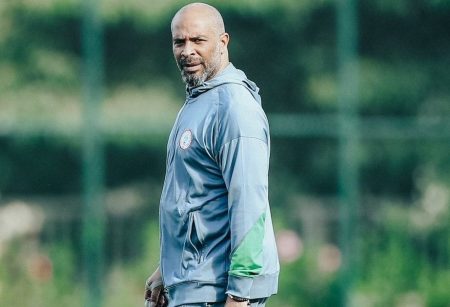Ange Postecoglou’s tenure as Tottenham Hotspur manager has come to an abrupt end, a mere fortnight after he guided the club to a historic Europa League triumph. This unexpected dismissal, announced by the club on Friday, underscores the complex and often ruthless nature of modern football management, where even significant achievements can be overshadowed by broader performance concerns. Postecoglou’s departure leaves Tottenham searching for their fifth permanent manager in just four years, highlighting a period of instability and a seemingly relentless pursuit of sustained success. While the Europa League victory offered a glimmer of hope and a tangible reward for the fans, it ultimately proved insufficient to secure Postecoglou’s long-term future at the helm. The club’s statement emphasized a comprehensive review of performances as the basis for the decision, suggesting a broader evaluation beyond the recent European success.
The Australian manager’s brief reign at Tottenham was a paradox of contrasting fortunes. On one hand, he delivered the club’s first piece of silverware in 17 years, a drought that had stretched back to their League Cup victory in 2008. The Europa League triumph, sealed with a 1-0 victory over Manchester United in the final, also secured Tottenham’s return to the prestigious Champions League, offering both financial benefits and the allure of competing against Europe’s elite. However, this European success was juxtaposed against a dismal domestic campaign, arguably the club’s worst in decades. Tottenham finished 17th in the Premier League, narrowly avoiding relegation and enduring their lowest league position since the 1976-77 season. This stark contrast between European glory and domestic struggle ultimately defined Postecoglou’s time at the club and contributed to his dismissal.
The decision to sack Postecoglou, just two years after his appointment from Celtic, reflects the high-pressure environment of managing a top-flight football club, particularly one with the ambitions and expectations of Tottenham. Chairman Daniel Levy, known for his demanding nature and decisive actions, clearly felt that a change in leadership was necessary to address the underlying issues that plagued the team’s domestic performances. While the Europa League victory was undoubtedly a significant achievement, it appears that Levy and the board prioritized consistent league performance as the primary benchmark for success. The club’s statement emphasized the need to move beyond the emotional high of the European triumph and make a pragmatic decision based on a broader assessment of the team’s overall performance.
Tottenham’s official statement, released on the club’s X account (formerly Twitter), highlighted the board’s unanimous decision to relieve Postecoglou of his duties. This unanimity suggests a strong consensus within the club’s hierarchy regarding the need for change, further emphasizing the seriousness of the situation and the conviction behind the decision. The statement also acknowledged the significance of the Europa League victory, describing it as one of the club’s greatest moments. However, the board made it clear that this achievement alone could not outweigh the concerns surrounding the team’s disappointing domestic campaign. This decision underscores the challenging balancing act faced by football clubs, where short-term successes must be weighed against long-term goals and overall performance consistency.
Postecoglou’s dismissal marks another chapter in Tottenham’s ongoing search for stability and sustained success. The club has now seen a revolving door of managers in recent years, each tasked with delivering the elusive combination of trophies and consistent top-four finishes. Mauricio Pochettino, Jose Mourinho, Nuno Espirito Santo, and Antonio Conte have all held the reins since 2019, highlighting the challenges of maintaining long-term managerial stability in the demanding world of Premier League football. The frequent changes in leadership raise questions about the club’s overall strategy and the long-term vision for achieving its ambitious goals. The search for Postecoglou’s successor will undoubtedly be a crucial period for Tottenham, as they seek to appoint a manager capable of building a stable foundation and delivering the consistent success craved by the fans and the club’s hierarchy.
The sacking of Ange Postecoglou, despite his recent European triumph, serves as a stark reminder of the precarious nature of football management. While the Europa League victory provided a moment of celebration and a tangible achievement, it ultimately proved insufficient to secure his future at Tottenham. The club’s decision, driven by concerns over their domestic performance and a desire for long-term stability, highlights the complex and often ruthless realities of the modern game. As Tottenham embark on yet another managerial search, the pressure to find the right candidate and build a successful future will be immense. The next appointment will be crucial in shaping the club’s trajectory and determining whether they can finally break free from the cycle of managerial instability and achieve their long-held ambitions.














